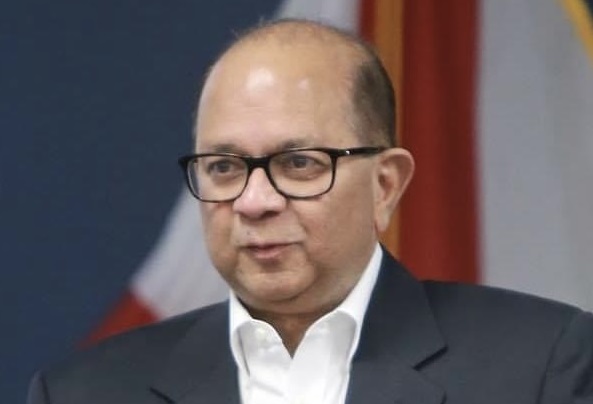Over the past few months, I’ve had the same conversation with different people — my Uber driver, the UPS delivery person, my landscaper, a nurse at my doctor’s office, a waitress at my neighborhood restaurant. They all share the same worries: affording groceries, gas prices, child-care costs. These aren’t abstract economic concerns debated in Washington; they’re the daily anxieties keeping working Americans up at night.
What they may not realize is how deeply connected their struggles are to a fiscal crisis unfolding in our nation’s capital. The federal government ran an $1.9 trillion deficit for fiscal year 2024. Our total national debt stood at $36.2 trillion — a staggering sum that continues to grow.
I’m not an economist. I’m a baby boomer who grew up hearing my father repeat one simple truth: debt is bad. He lived through harder times and understood that spending more than you earn eventually catches up with you. That wisdom applied to our household budget, and it applies to our national budget too. Yet somehow, Washington has convinced itself that the old rules don’t matter anymore.
The numbers tell a sobering story. Interest payments on our debt reached $878 billion in 2024, surpassing both national defense and Medicare spending. We’re now paying more just to service old debt than we spend protecting the country or caring for seniors. Every dollar going to interest is a dollar unavailable for everything else.
This isn’t some future problem for our grandchildren to solve. It’s affecting Americans right now. When the government borrows trillions, it competes for capital, putting upward pressure on interest rates. That means higher costs for mortgages, car loans, and credit cards — the very things making life unaffordable for the people I’ve been talking to. The landscaper’s truck loan costs more. The nurse’s mortgage payment is higher. The waitress can’t afford to buy her first home.
My mother used to say, “Kam, you can’t clap with one hand.” Both political parties share the blame. Democrats resist cutting social programs; Republicans oppose tax increases while pushing for more tax cuts. Meanwhile, the deficit keeps growing, year after year, with no end in sight. We’ve normalized what should be considered a national emergency.
My father also taught me that when you’re in a hole, you stop digging. Yet that’s exactly what we’re doing — digging deeper with every budget cycle. The longer we wait to address this crisis, the harder the choices become and the more painful the eventual reckoning will be.
The solution requires what Washington seems incapable of providing: honest leadership willing to level with the American people. We need leaders who will explain that we cannot continue on this path, that difficult tradeoffs are necessary, and that everyone will need to contribute to the solution. This means tax reform, spending discipline, and entitlement adjustments that preserve essential programs while ensuring long-term sustainability.
The people I’ve been talking to understand this instinctively. They balance their budgets because they have no choice. They make hard decisions about priorities. They know you can’t spend more than you earn forever. It’s time Washington learned the same lesson my father taught me decades ago. Our nation’s fiscal health — and the economic security of working Americans — depends on it.
Kam Shenai, of Orlando, is a co-founder of Asian American Pacific Islanders Coming Together.

